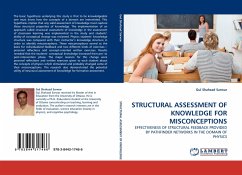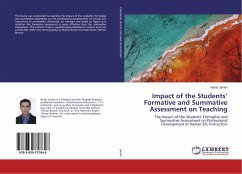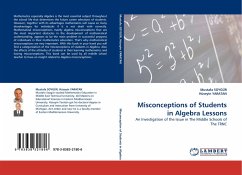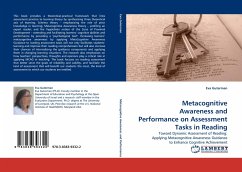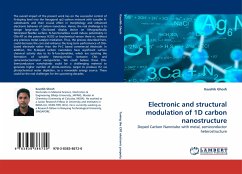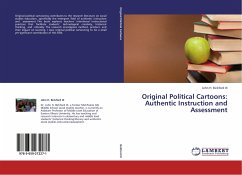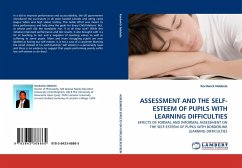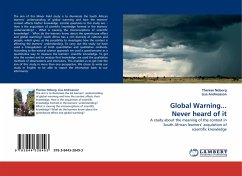The basic hypothesis underlying this study is that to be knowledgeable one must know how the concepts of a domain are interrelated. This hypothesis implies that any valid assessment of knowledge must capture these structural properties of knowledge. The implementation of an approach called structural assessment of knowledge in the assessment of classroom learning was implemented in the study and students' ability of conceptual change was reviewed. Physics students' knowledge structure was compared with their instructor's knowledge structure in order to identify misconceptions. These misconceptions served as the basis for individualized feedback and two different kinds of exercises personal reflections and concept-oriented written exercises. Results revealed that the students' conceptual knowledge increased from pre- to post-intervention phase. The major reasons for this change were personal reflections and written exercises given to each student about the concepts of physics which stimulated and probably changed some of their misconceptions. The research also demonstrated the potential utility of structural assessment of knowledge for formative assessment.
Bitte wählen Sie Ihr Anliegen aus.
Rechnungen
Retourenschein anfordern
Bestellstatus
Storno

